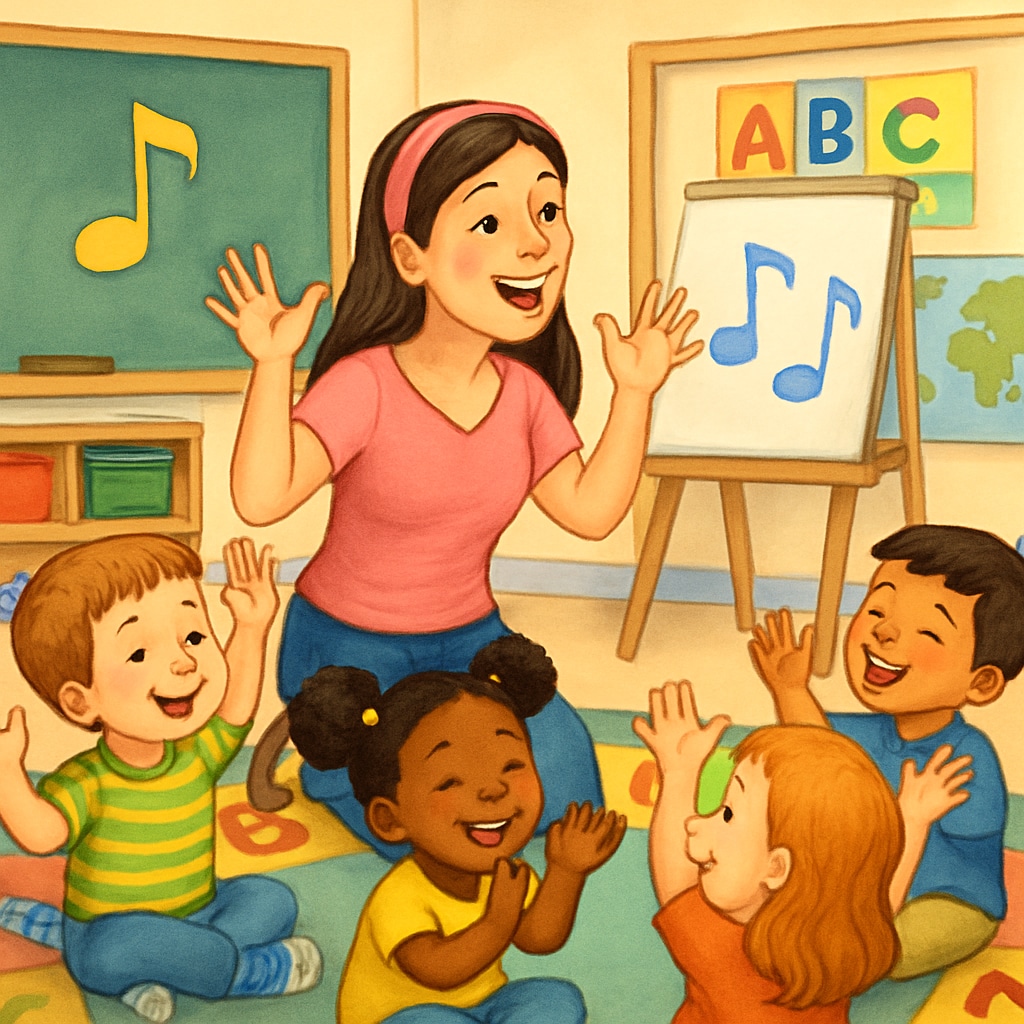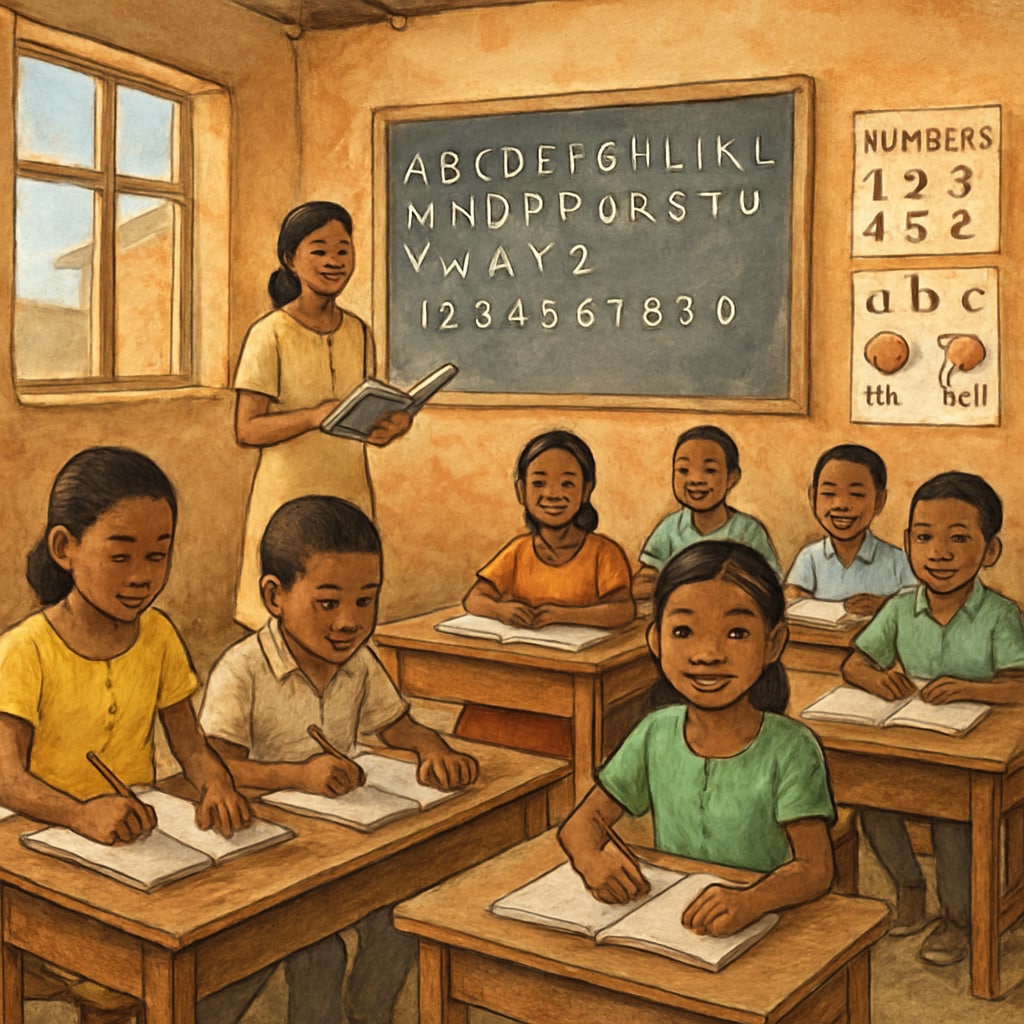Ms.Rachel, Middle East, Children’s Education, YouTube—these are words often associated with one of the most popular children’s education influencers online. Ms.Rachel, known for her engaging and educational YouTube content tailored to young learners, has recently drawn attention for her humanitarian focus on children in Middle Eastern war zones. While her advocacy for these vulnerable populations is commendable, her selective approach raises questions about a broader responsibility for children suffering across the globe. Should educational influencers like Ms.Rachel expand their humanitarian scope to include all children in need, regardless of geopolitical focus?
Ms.Rachel’s Contribution to Early Childhood Education
Ms.Rachel has revolutionized the landscape of early childhood education on YouTube. Her videos are designed to teach basic skills such as counting, reading, and communication through songs, interactive activities, and relatable storytelling. Parents and educators alike praise her for creating content that is both accessible and impactful, especially for children with speech delays or developmental challenges. Her platform has become a lifeline for countless families seeking affordable and effective educational resources.

However, as her influence grows, so does her capacity to address important global issues. Ms.Rachel’s recent focus on children affected by war in the Middle East highlights her ability to use education as a tool for advocacy. She has shared stories, resources, and educational content tailored to support these children, emphasizing the importance of healing through learning. While this is a noble effort, it also brings to light the ethical question of selective humanitarianism.
Selective Humanitarianism: The Blind Spots
While Ms.Rachel’s advocacy for Middle Eastern children is admirable, it begs the question: why focus solely on one region? Around the world, children face immense challenges, from poverty and malnutrition in Sub-Saharan Africa to the impact of natural disasters in Southeast Asia. Millions of children in underserved communities lack access to basic education, healthcare, and emotional support. Shouldn’t a figure with such widespread influence take a more holistic approach to addressing these global issues?
Selective humanitarianism can unintentionally create blind spots that overlook other vulnerable populations. For example, UNICEF reports that nearly 59 million children worldwide are out of school due to various crises (UNICEF Education Statistics). By focusing heavily on one region, influencers risk perpetuating a narrative that excludes other equally deserving groups.

Global Responsibility for Educational Influencers
Ms.Rachel is not alone in facing these challenges. Many social media influencers, educators, and content creators often find themselves navigating the fine line between advocacy and selective focus. However, the responsibility of an influencer goes beyond creating impactful content—it extends to fostering inclusivity and awareness. Educational influencers have the unique capacity to shine a light on global issues, inspire empathy, and mobilize their audience toward meaningful action.
For instance, incorporating stories from diverse regions into her videos could help Ms.Rachel build a more inclusive narrative. Highlighting the struggles of children in various contexts—whether they are refugees, victims of climate change, or living in extreme poverty—could create a more balanced approach to humanitarian advocacy. Furthermore, partnerships with international organizations such as UNESCO and Save the Children could amplify these efforts, ensuring that no child is left behind (UNESCO Education Initiatives).
Conclusion: A Call for Broader Advocacy
Ms.Rachel’s contributions to early childhood education are undeniable. Her ability to connect with children and parents alike has made her a trusted figure in the digital education space. However, her selective humanitarian focus poses an opportunity for reflection and growth. By expanding her advocacy to include children from all walks of life, Ms.Rachel could redefine the role of educational influencers in addressing global challenges.
In today’s interconnected world, the plight of children is a shared responsibility. Influencers like Ms.Rachel have the power to shape narratives and inspire change. It is time to embrace a broader vision—one that champions education as a universal right and ensures that every child’s story is heard.


